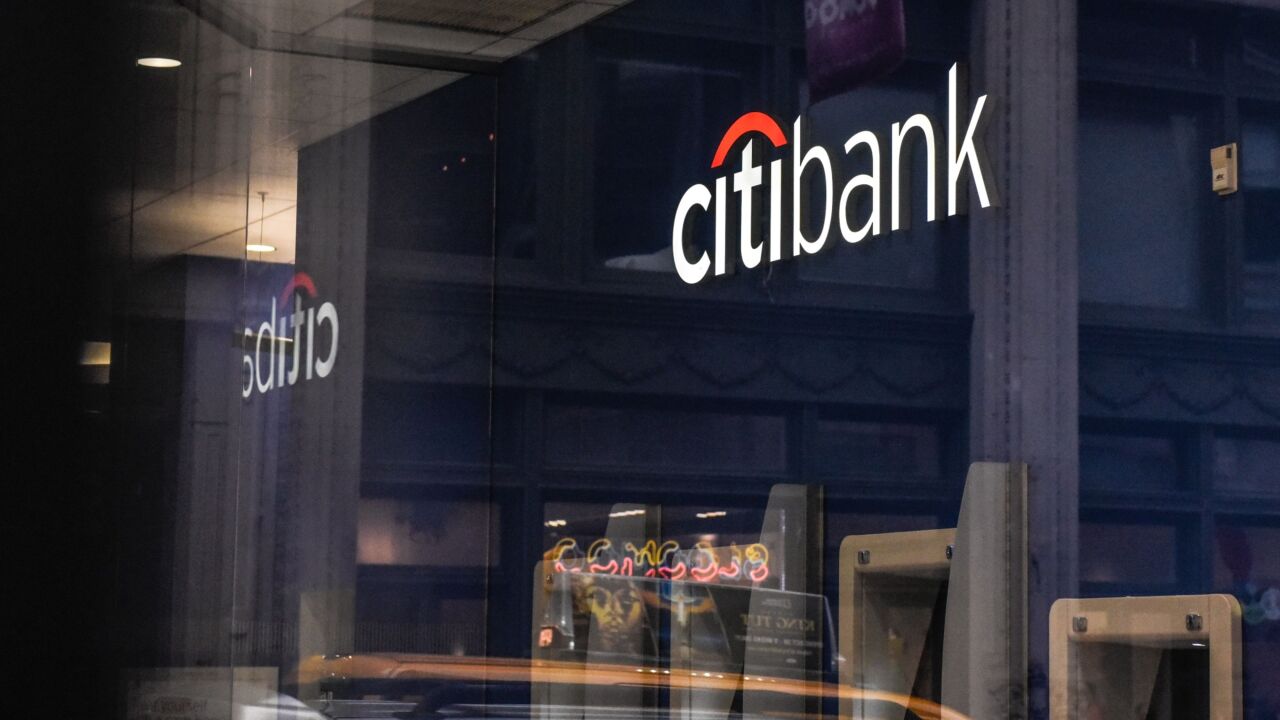-
Community banks' prospects will improve if they accept that the financial services industry is changing. They must re-examine strategies and business models, and experiment and improvise to exploit new opportunities.
December 17 -
Activist investors continue to stir up community banking and M&A. ISS advised Hampden Bancorp shareholders to support an investor group that wants to push the thrift to sell itself, but Egan-Jones says the new CEO deserves more time.
November 4 -
Activist investor Lawrence Seidman is pressuring OBA Financial Services to find a buyer, saying its poor asset growth, lagging efficiency and "abysmal" returns on average assets and average equity make it necessary.
September 16
The banking industry's strong 2013 stock market performance reflects its recovery from the financial crisis. The
Many banks have yet to adjust fully to the changes brought on by the financial crisis by clinging to obsolete leveraged
Furthermore, future performance improvements may be difficult to obtain. The low-hanging fruit cost reductions and asset quality improvements has already been picked. The ability to grow organically in a slow-growth economy is limited to costly market share battles. Also, net interest margins and regulatory costs issues remain. Consolidating M&A offers some opportunities, but is likely to become more expensive. Some banks will execute better than others and pull ahead of the laggards. This will put pressure on those left behind who can no longer hide behind the crisis as a performance excuse.
Returns on equity less than costs of equity are likely to frustrate investors and attract activists who seek boardroom changes to improve performance. Well-known investors such as Carl Icahn and David Einhorn have been especially active in the nonfinancial sector. Prominent banking examples include Vikram Pandit's forced exit from Citigroup and JPMorgan Chase's London Whale-related director resignations.
Unlike hostile takeovers, activists seek to influence changes in performance, not ownership. They are likely to hold relatively small non-control shareholdings. Paradoxically, asset quality and regulatory uncertainty, along with a weak bank M&A market, had deterred banking activism. These issues are largely resolved leading to increased risk of shareholder activism. Of course, the activists need to exercise caution to avoid regulatory ownership and control issues.
Activism reflects governance concerns over unaddressed shareholder value issues. Ignoring these issues is not a viable long-term option for boards and senior management. Avoid the temptation to lawyer up. Instead, listen to their concerns. If your stock is undervalued, then ask yourself why and determine what you will do to address the problem.
Valuation is translating expected operating performance into pricing estimates. Valuation issues usually involve concerns over execution or strategy. Execution problems,including litigation expenses or lagging efficiency, are less disruptive to fix.
Strategy gaps involving business models and asset combinations are more difficult. Activists typically raise questions over whether the current strategy represents the highest and best use of the bank's resources.
It can be difficult for managers to explore strategic alternatives, but it should be done when an activist investor starts asking questions. The process requires updating your strategic plan based on reviews of your market including competitors, new entrants, customers and substitutes. It involves three questions.
First, does the bank have the right scale? Banks with assets of less than $1 billion especially need to address this issue. Care must be exercised to avoid rushing into overpriced or ill-conceived acquisitions. Next, larger institutions should answer whether they need to improve their focus by divesting business units in which they have limited competitive advantages.
Lastly, should the institution become part of a larger organization which could better utilize their assets? This last question is perhaps the most difficult as everyone wants to be a consolidator. As the bank M&A market recovers, activists are likely to recommend the sale option as the best means of releasing trapped shareholder value.
The message going forward is twofold. First, be proactive and review your strategic situation, operating performance and valuation. Institutions with solid, but underperforming assets and lagging stock price valuation multiples are vulnerable to activist investors. Address problems before they are attracted to your bank.
Next, once you contact activists, engage with them. Listen to what they have to say and be fair, not dismissive. Otherwise, you are likely to face distracting, messy publicity and proxy contests on matters including compensation and director challenges.
Shareholder patience is limited. Do not wait to be acted upon. Use this current lull to get your house in order before the spring proxy season begins. Eventually, good ideas will prevail. Legal action can buy you time, but not prevent the inevitable. Investor focus has changed from mere survival to thriving. How you adjust to this change is up to you. Either develop options or become someone else's option.
J.V. Rizzi is a banking industry consultant and investor. He is also an instructor at DePaul University Chicago.





